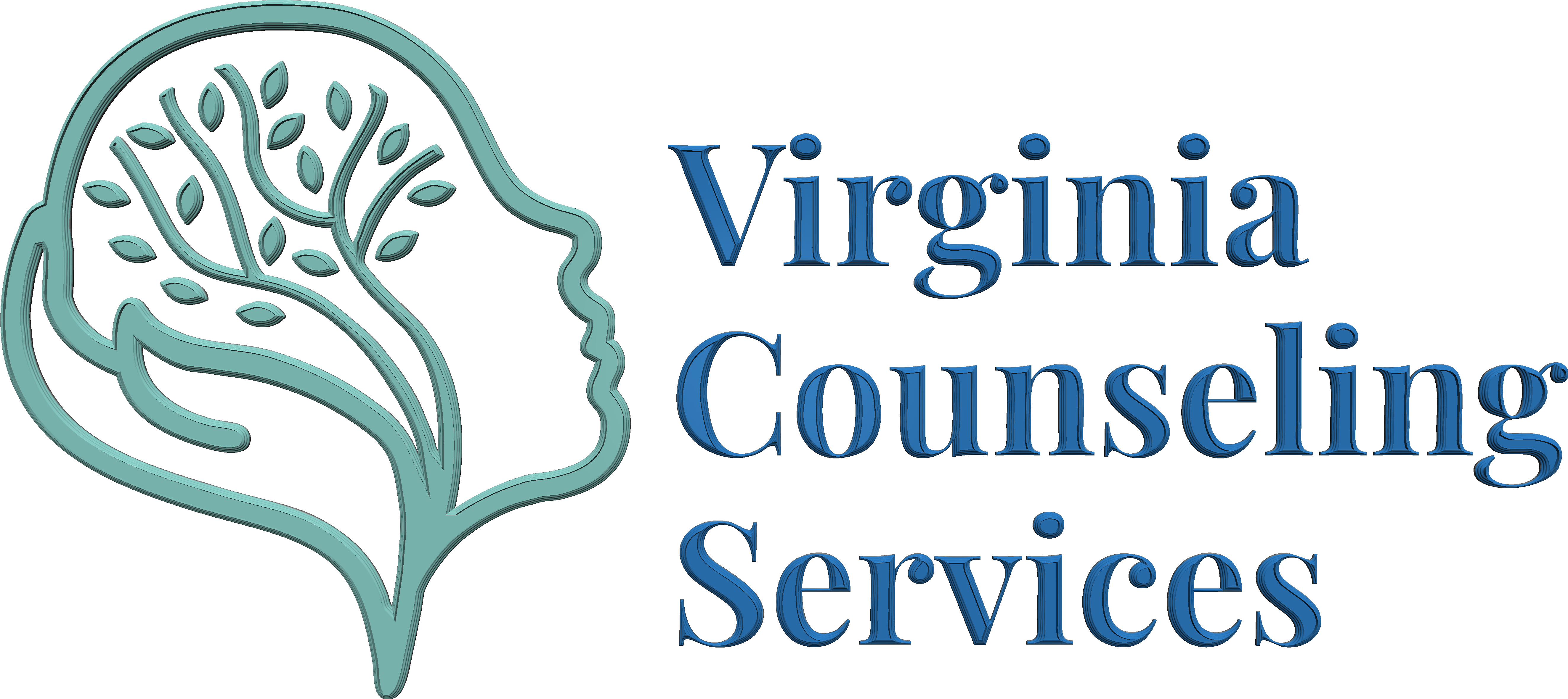Entering into couples counseling can feel like a huge, scary step. It’s natural to feel a bit nervous and not know what to expect. Understanding the process can help soothe some of those initial jitters. It is often believed that only unhealthy and unhinged couples do therapy, but often when a couple begins therapy earlier less issues and unhealthy relationship behaviors are present between them. Here’s a brief breakdown of what you can expect in your first marriage counseling session.
The Purpose of the First Session
The first session of marriage counseling, often referred to as the intake, is a chance for the therapist to get to know you and your partner. This is their opportunity to understand the issues you’re both facing from each partner’s perspective and start to develop a plan for therapy. It’s also an opportunity for you to get a feel for the therapist and decide if they’re the right fit for you.
One of the most important aspects of the intake is for you and your partner to get a sense of how the therapist works, their approaches, and overall “likeability”. We always advise couples to make sure that both of them feel comfortable and trust the therapist. If either one has hesitations about the therapist, then it is better to keep looking elsewhere than to “push forward”. This is vital because the role of the therapist is to be neutral and treat both in the relationship together. Weird, unproductive things start happening in session if one or the other partner does not like, trust, or respect the therapist.
What Happens in the First Session
In the first session, the therapist will usually start by asking about different aspects of your relationship. From how you both first met, your background stories, to the problems you both are currently experiencing. They may ask questions about when the issues started, what triggers conflicts, and what has been tried in the past to fix the problems. They’ll also want to know about the strengths in your relationship since these can be used as tools to help the couple move forward in communication and connection. Perspective is key, how each couple feels and sees situations allows the therapist to better understand the couples relational dynamics.
The therapist will also likely discuss the rules of therapy, such as confidentiality, the structure of sessions, and how to handle disagreements in therapy. They may also explain different therapy approaches and discuss which might be best for your situation.
Preparing for the First Session
To get the most out of the first session, it can be helpful to prepare ahead of time. Spend some time thinking about the issues you want to address in therapy and what you hope to achieve. When we refer to “issues in the relationship”, we are not referring to a laundry list of disagreements that you both want “settled”. The therapist is not a judge or referee! Be ready to discuss your relationship’s history and current problems. Remember, it’s okay to feel nervous or unsure – especially the first time meeting a complete stranger and divulging all of your relationship details. The therapist is there to help, not judge.
Moving Forward
You should both walk out of your first session with a clearer idea of what to expect from the counseling process. Remember, change takes time and work. Be patient with yourself and your partner, and be open to the journey ahead.

